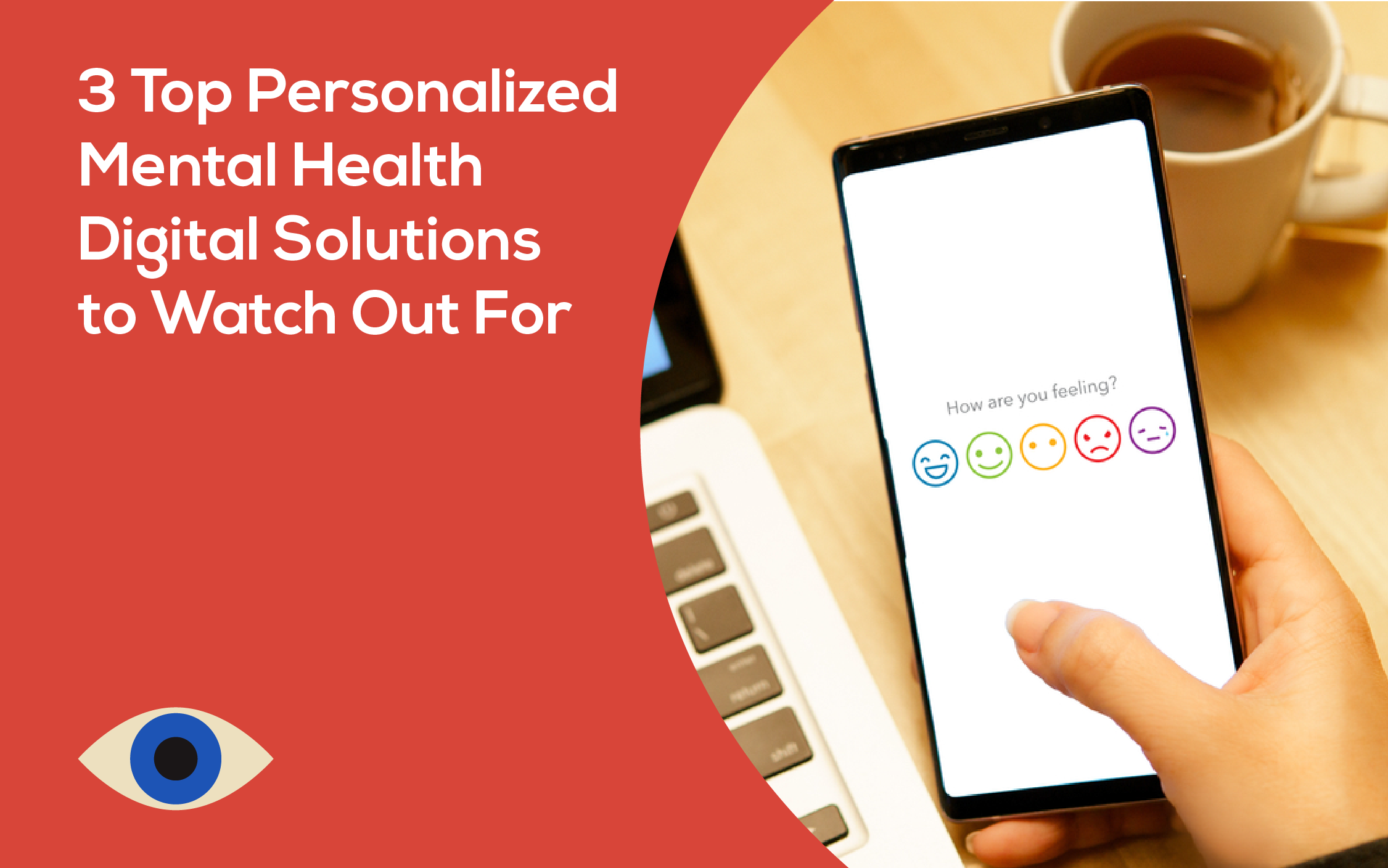It’s amazing what technology and mental health care have accomplished together; the advancements are impressive. Managing mental health just got a whole lot easier. Better tools for self-care and easier access to support? It gives you both. Think of apps that offer cognitive behavioral therapy (CBT) exercises or wearable devices that monitor stress levels—this is the future of mental healthcare. Imagine a future where mental health treatment is completely personalized. This future? It’s not some far-off dream. AI, machine learning, and what we’ve learned about our genes are bringing it to life, today.
Here are three game-changing solutions:
Better service and lower costs for healthcare professionals—that’s the promise. Think of these solutions as a gift that keeps on giving—long-term advantages are a definite possibility.
1. AI-Powered Chatbots for Mental Health Support
Imagine having a personalized therapist in your pocket, available 24/7 to offer emotional support and guidance. Chatbots using AI are making this happen. Chatbots understand emotions; they use special computer technology to do this. Speedy help and useful information are readily available.
Benefits:

- Accessibility: People in rural areas or underserved communities, where mental health services are scarce, can benefit greatly from chatbots.
- Anonymity: Users can feel more comfortable sharing their concerns without fear of judgment or stigma.
- Cost-effective: Therapists can handle tougher cases if chatbots take on some of their less complicated work.
Imagine: AI chatbots working with electronic health records! Patients and healthcare providers will be able to connect more smoothly.
2. Figuring out mental health risks using someone’s genes.
Understanding mental illness is getting a boost from genomics. Genetic markers associated with these conditions are being identified. Targeted prevention and treatment are possible thanks to this information. It’s surprisingly strong; I’m impressed.
Benefits:
- Early Intervention: Scientists can use gene studies to find people who might get mental health problems. This helps us step in early and stop problems before they start.
- Treatment plans are customized. Treatment plans can be improved by looking at a patient’s genes. Better outcomes and fewer side effects are possible with more precise treatments. Think of it like a tailor-made suit—it fits better and works better than off-the-rack clothing. Similarly, a treatment designed around an individual’s genetic code is more likely to be effective and less likely to cause problems.
- Cost Savings: Early intervention and personalized treatment can reduce the economic burden of mental health conditions on individuals and the healthcare system.
Your genes can give you a heads-up about potential health risks; this allows for early intervention. Diseases are better prevented and treated because of this.
3. Machine Learning-Based Predictive Analytics
Machine learning algorithms can analyze vast amounts of data to identify patterns and predict mental health outcomes. Healthcare workers can now step in early and give patients the help they need.
Benefits:
- Proactive Care: Spotting people at high risk for mental health issues lets healthcare workers step in early, hopefully preventing serious problems.
- Smart resource management matters. Consider this: a builder wouldn’t start a house without a plan for materials, right? It’s the same with any project. Efficient resource use is achieved by identifying critical healthcare needs. Lower costs and improved patient health—that’s the result of this strategy. For example, a hospital might find that focusing on preventative care programs lowers the need for expensive emergency room visits.
- Decisions based on what the numbers say. Mental health programs are better with the help of predictive analytics powered by machine learning. Real-world information fuels these programs; without it, they’re useless. They actually work.
Imagine: doctors using smart computer programs to anticipate patient needs. Better healthcare is within reach thanks to data and machine learning. Expect better results.

Mental healthcare: A look ahead. Positive changes are underway; we’re noticing improvements. Advances in medicine bring exciting possibilities; illnesses are now treatable in ways never before imagined, giving patients a much better chance. This means a real change is possible.
Let’s imagine a future where our approach to mental wellness is completely changed by personal digital tools. That future is here; these solutions are just the beginning. Patient care, cost reduction, and improved results—all are positively impacted by ongoing technological progress. Healthcare will be better in the future. The impact on individuals and the healthcare system will be substantial; we’re talking about real change here. Imagine better treatment and less financial burden for patients and hospitals. Better mental healthcare is possible. A more efficient and sustainable system benefits everyone; imagine less waste and smoother operations.




0 Comments